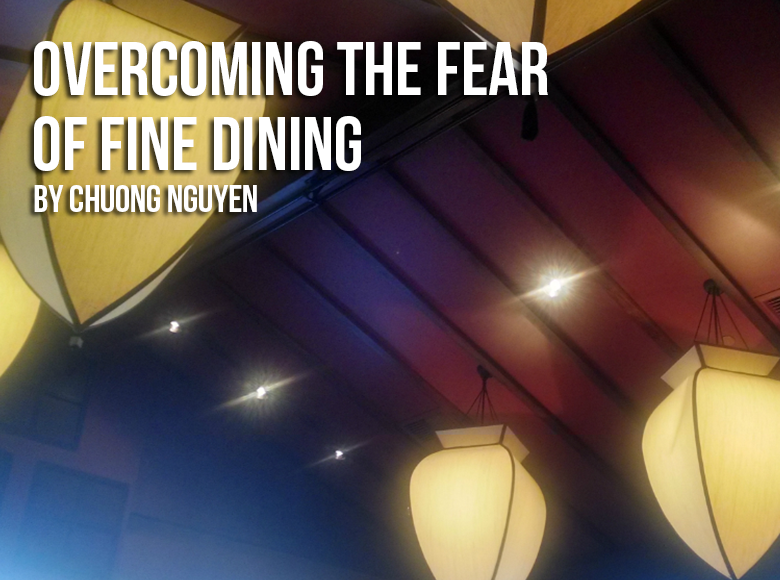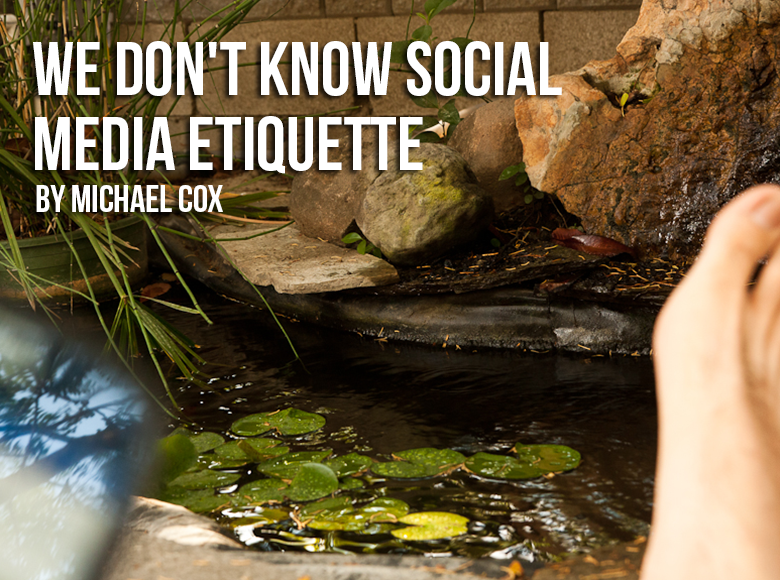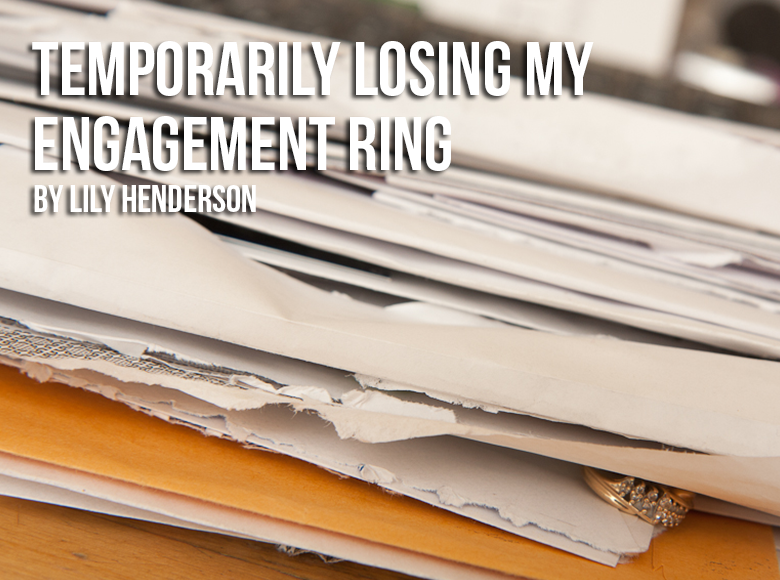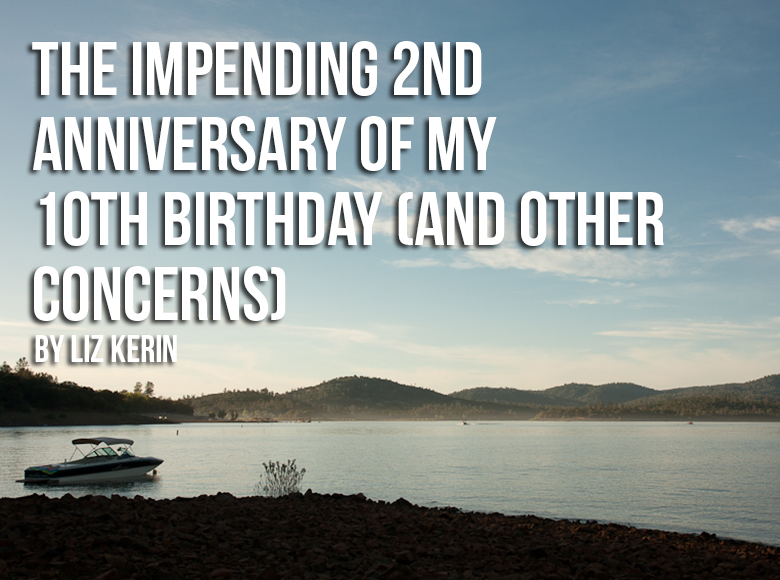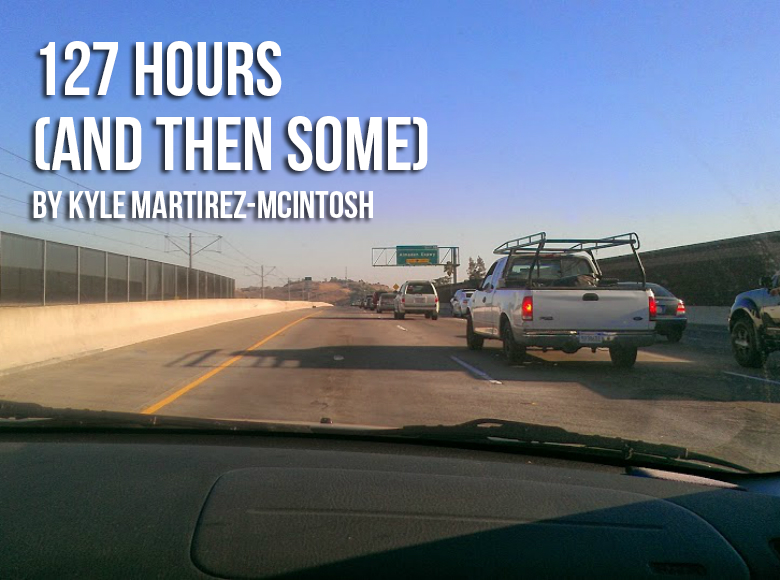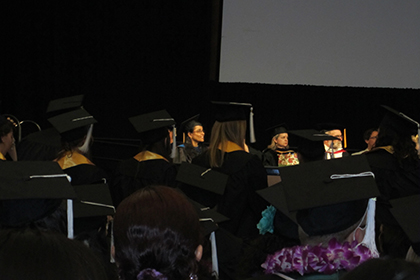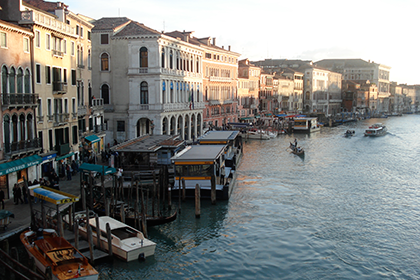I’m a really information-driven person. I commonly get lost on Wikipedia rabbit-holes, feel unhappy if I’m not learning something new every day, and was one of those kids that sometimes enjoyed school. So, of course, when I heard about a way to learn more about your own genes from the comfort of your laptop, I was so there.
In late November, I signed up for 23andme, a service that analyzes your DNA and gives you shiny, color-coded information on your ancestry and health. But if you were paying attention to the news last fall, you already know where this is going—the Food and Drug Administration (FDA) asked that 23andme “stop returning health results to new customers until [they] completed the agency’s regulatory review process.” So, that spring, when I got an email from 23andme saying my results were ready, I had already come to terms with the fact that I wouldn’t be getting everything I supposedly paid for.
Side note: Yes, it took over 6 months for me to get my results. There was a huge influx of participants right as I signed up, so I’m hoping that’s what took so long. I signed up for 23andme a few days after they made their decision to comply with the FDA’s request but, obviously, before I had heard about the change. This problem might have been avoided if I had read through the website before handing them my money. Sad trombone.
I imagine the ancestry results—I am “18% United Kingdom” and “78% other European”—could be really useful. And getting to know how much Neanderthal genes you have in you might make for good conversation…? I guess…? But, as a chronically ill person, I was 99.99% interested in the health results 23andme supposedly offered. Ever since being diagnosed with rheumatoid arthritis in 2007, I’ve read and re-read Wikipedia’s article and every news release I see. I should probably just set up a Google Alert for every diagnosis I have to automate the process. One thing I learned is that the highest risk factor for autoimmune disorders is, unfortunately, already having an autoimmune disorder. So I was hoping, among other things, that my 23andme results might shed light on what other disorders I might be at risk for, as well as cancers and medications to which I might be sensitive, etc. I was really open to whatever information they might offer!
If you order 23andme now, your health information will be delivered in the form of SNPs. These basically don’t mean anything unless you’re a certified genetic counselor. I discovered that I could import my 23andme results to a third party, Promethease, who then (for the low price of $5) gave me the information I thought I’d get through 23andme—and then some. What is really cool about Promethease is that, while your and everyone else’s information is up in their cloud, their SNPedia (a kind of Wikipedia for those SNPs) is constantly being updated, so your results should reflect whatever latest information is up on the SNPedia.
I say “should” because, as my genetic counselor was nice enough to point out, SNPedia is editable by anyone with a computer. Yes, after giving my 23andme results to Promethease, I then sent those results to someone else—a genetic counselor! My genetic counselor showed my Promethease interpretation of my 23andme results to someone with an M.D. in Genes (I don’t know, y’all, I haven’t taken a science class in like seven years). Because I looked at the Promethease results and realized I have no idea what I am doing. These genes literally just say the results of the one study to which they’re referring.
So, for example, I had one SNP that said, “Most people with this SNP have blue eyes” and one that said, “Most people with this SNP have brown eyes.” Well, both my eyes are the same color, and they’re not blue—but my mother’s are. So, this indicates (if my seventh grade biology is correct) that I have both genes, and that any children (LOL NOPE) I have might have blue eyes! And according to the genetic counselor I spoke with, it’s even more complicated than Punnett squares taught us: there are thousands of eye colors, because there are more than just two genes associated with eye color. So if you wanted to use genetic therapy to make sure your kids have a certain eye color, well, a) what science fiction novel are you in, and b) it may not work that well!
And that’s just eye color. I had four SNPs—that I saw—that related to rheumatoid arthritis. Two said I was less likely to get it, two said I was more likely to get it. Ha! I also had an SNP that said I may be less susceptible to caffeine, an SNP that said that alcohol is three times more toxic to my liver (but that something like 40% of the population may have this gene?), and another that said I’m sensitive to a blood-pressure medication my grandmother used to take. I always thought I had a low caffeine and alcohol tolerance, and I hopefully won’t have a chance to test my sensitivity to Wayferin anytime soon.
I think synthetic biologist Terry Johnson (quoted by Newitz at io9) encapsulated this problem well:
I worry most about the popularization of the idea that when a genetic variation is correlated with something, it is the “gene for” that something. The language suggests that “this gene causes heart disease”, when the reality is usually, “people that have this allele seem to have a slightly higher incidence of heart disease, but we don’t know why, and maybe there are compensating advantages to this allele that we didn’t notice because we weren’t looking for them”.
So basically: there are a lot of different genes doing a lot of different things, and so far we haven’t, mostly, isolated what does what enough for it to be terribly useful.
“BUT WHAT ABOUT THAT BREAST CANCER GENE,” I perhaps shouted into the phone while speaking with my genetics counselor. Well, she said that, a) I don’t have the BRCA genes, and b) most of these SNPS involve increased risk. Increased from what? Well, you would have to figure out a couple major things to figure out your baseline risk: detailed family history and environmental factors. So, for example, I had a 30% increased risk of multiple sclerosis. If my baseline risk with no family history or environmental factors was 1, my new risk would be 1.3. Not that much of a difference in the grand scheme of things, especially considering that we now that some lifestyle factors that decrease the risks of certain diseases. If anything, detailed family history—including what kind of medication family members used, the type of heart attack, when a disease originated, etc.—is just as, if not more, useful to your general practitioner when talking about your risk for health problems.
It was also pointed out to me that a) doctors can do these tests too, when you’re trying out new medications! and b) doctors can do these tests too, when you’re thinking of having a baby! It makes sense to me, logically, that family history would be super important—I saw a lot of health issues in my Promethease report that don’t appear in my family history, so I should probably be more worried about the things that do run in my family, like heart disease, strokes, and skin cancer.
In the end, I didn’t really get the answers I wanted—and according to every doctor I talked to, there aren’t really any answers to be had. I was hoping for a print-out of my genetic destiny, but instead a digital run-around and a barrage of uninformative scientific information happened instead. I did learn about the importance of family medical history, some stuff about genetics I’ll probably forget sooner or later, and that if I ever need blood thinners I should mention this to my doctor. For someone incredibly data driven, learning the real reason I began to love Brussels sprouts and that I might be genetically predisposed to be less socially empathetic than others (…okay, then), I still had a really good time.
So tell me, curious readers: Have you patronized something like 23andme? What did you learn about yourself? And how did you feel about the results?
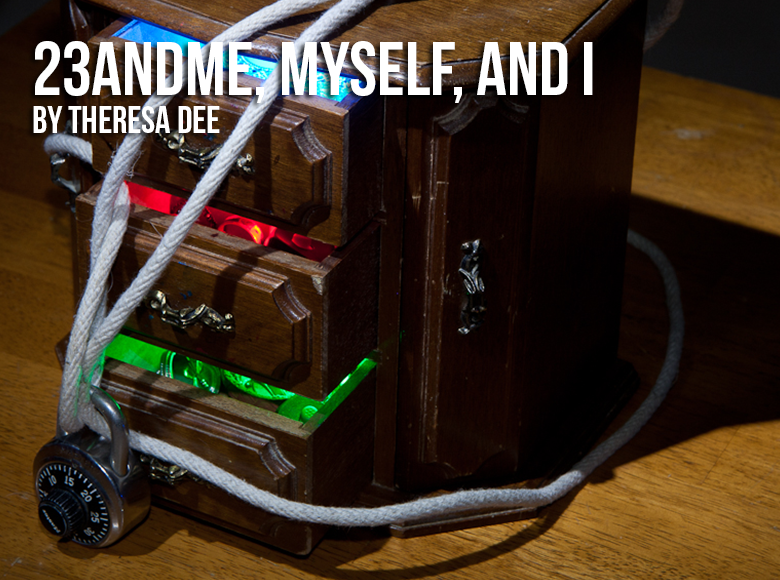
Photo by Andy Sutterfield
